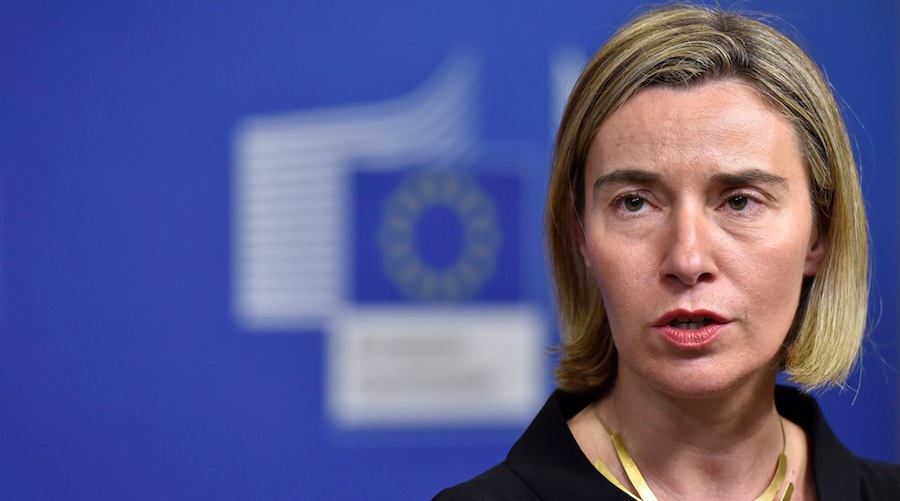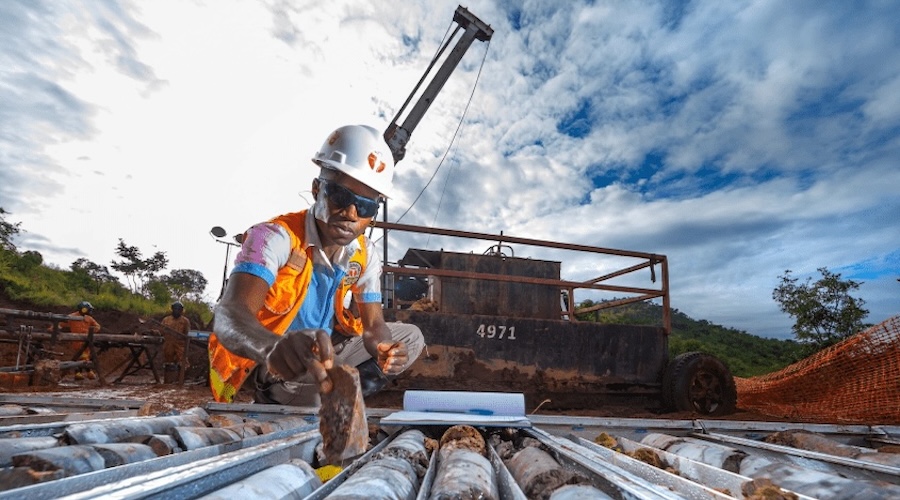The EU starts to lead the Kimberley Process

The European Union has taken over the chairmanship of the Kimberley Process for 2018, a decade after it last directed the initiative. Federica Mogherini, who is an Italian politician and the High Representative of the bloc for Foreign Affairs and Security Policy, will be heading the operation.
Kimberley is a process started in 2003 following the United Nations General Assembly’s Resolution 55/56. It is aimed at removing conflict diamonds from the global supply chain, which means that participants have to go through a certification scheme that ensures that their diamond purchases are not financing violence by rebel movements aiming at undermining legitimate governments.
In detail, the scheme puts in place internal controls over production and trade. Participating states can only legally trade with other participating states who have also met the minimum requirements of the program, and international shipments of rough diamonds must be accompanied by a certificate guaranteeing that they are conflict-free.
The system is not flawless, though. It has received criticisms, particularly following several media investigations on the different ways countries elude its rules, which led to human rights watchdog group Global Witness to leave the project in 2011.
The EU was the process’ last year’s vice-chair, while Australia was heading the body. As the group now moves to the top, India becomes 2018’s vice-chair and next year’s driving force.
When the union’s new role was announced back in 2016, Mogherini said that being an active member of the Kimberley Process reassures the EU’s commitment to sustainable peace. “It is part of our work for human rights – to make sure that diamonds produce wealth, not modern slavery.”
Mogherini also highlighted the importance of making sure that natural resources’ ownership remains within communities. “The main strength of the Kimberley Process has always been that it looks beyond governments, to civil society and to the private sector. This is our main asset as we chart the way ahead,” she said.
The 54 participants that represent 81 countries in the Kimberley Process and who are in charge of more than 99% of the global rough diamond production and trade, will hold their first 2018 intercessional meeting in June in Antwerp. Later on, a plenary meeting will be held in Brussels in November.
More News
{{ commodity.name }}
{{ post.title }}
{{ post.date }}




2 Comments
Adam Rich
This is pure socialism attempting,quite successfully ,at destroying capitalism. The EU will be gone in the future and so will the criminals that operate as though they are attempting to save human rights when their actions only line their socialist pockets.
Walter H. Eason, Jr.
The acceptable way to stop the mining of the “Blood Diamond” is supposed
to be through the “Kimberly Process” where by a diamond is traced with
paperwork from the mine to the sale of the finished product. This is a step in
the right direction only it leaves room for corruption through greed by the
many merchants and processors of the product. The system is not flawless and
has received criticisms as countries have found different ways to elude its
rules. Brilliant Earth touts the sale of conflict-free diamonds and is perhaps
the largest retailer of stones from conflict-free zones. One report from the
insider report in mid-2017 stated that “In our independent investigation,
we spoke with nearly a dozen diamond experts, tracked diamonds from Brilliant
Earth’s inventory halfway around the world, and spoke with numerous contracted
partners willing to lie, forge, and fake their way into certifying a diamond’s
origin. If you’re looking for an early takeaway, it’s this: there’s no such
thing as certainty when buying a conflict-free diamond online.
Everledger that has maybe a better method of tracking says; The problems
surrounding these precious gems goes on. In the insurance sector,
fraudulent claims for lost jewelry have resulted in billions in losses each
year. “We see document tampering where one stone has been claimed across
similar timelines with multiple insurers.
Everledger has started using blockchain to build a shared digital global
ledger to track and protect valuable items. Using machine vision, they record
40 metadata points to create a unique thumbprint of each stone. It’s “a
forensic view like dental marks or iris scan,” compares Kemp. Around 1.6
million diamonds reside on that blockchain. Her technology helps verify the
authenticity, provenance, and custody of diamonds using a single source across
the supply chain.
With the information residing in blockchain, it creates an
aggregated dataset, a shared visible record, and an audit trail to prevent
things like double financing, or lab-grown stones being falsely identified. A
blockchain is a distributed database, meaning that the storage devices for the
database are not all connected to a common processor. It maintains a
growing list of ordered records, called blocks. Each block has a timestamp and
a link to a previous block. Cryptography ensures that users can only edit the
parts of the blockchain that they “own” by possessing the private keys
necessary to write to the file. It also ensures that everyone’s copy of the
distributed blockchain is kept in synch.